PL‑200 Study Plan (2–4 weeks)
An intensive path to becoming a certified Microsoft Power Platform Functional Consultant. Learn how to organize your study, which resources to use, and how to approach the PL‑200 exam strategically.
Introduction to the Study Plan
The PL‑200 study plan is designed for professionals and consultants who want to earn the Microsoft Power Platform Functional Consultant certification within two to four weeks. This plan combines theory, practice, and exam simulations, following a progressive approach that guides learners from understanding the fundamentals to mastering advanced features of Dataverse, Power Apps, Power Automate, and Power BI.
The goal is to provide a clear structure that helps manage time efficiently while ensuring a deep understanding of the competencies required for the Functional Consultant role. Throughout the plan, you’ll refer to official Microsoft resources to stay aligned with the latest certification standards.
Week 1: Fundamentals and Dataverse
The first week focuses on understanding the Microsoft Power Platform ecosystem and the central role of Microsoft Dataverse. Begin with introductory modules and the basics of data modeling.
- Understand the architecture of Power Platform and its relationship with Microsoft 365 and Azure.
- Study the Dataverse database structure: tables, columns, data types, and relationships.
- Create your first custom entities and experiment with forms and views.
- Explore Dataverse security (roles, business units, and teams).
Use the exercises available on Microsoft Learn Power Apps Maker Portal to practice. The goal for this week is to master Dataverse fundamentals and Power Platform environments.
Week 2: Power Apps and Automation
During the second week, the focus shifts to user interface design and business process automation. This stage is crucial to demonstrate functional and operational skills in building business solutions.
- Create and configure Canvas and Model-driven apps.
- Implement business rules and Business Process Flows.
- Design automations with Power Automate and cloud flows.
- Integrate Power Apps and Power Automate with Dataverse.
Perform hands-on tests in the Power Automate Maker Portal and experiment with app‑to‑flow connections. Also review the documentation on Power Automate to understand triggers, actions, and DLP policies.
Week 3: Data Analysis and Integrations
The third week focuses on Power BI and data integration. Topics include building dashboards and reports, configuring connectors, and understanding data security policies.
- Create interactive reports with Power BI Desktop.
- Connect Dataverse to Power BI via the Dataverse Connector.
- Apply Row‑Level Security (RLS) and configure datasets.
- Integrate Power BI with Power Apps and Power Automate.
Refer to the official Microsoft Power BI Documentation and complete an end‑to‑end integration project between Dataverse and Power BI to consolidate skills.
Week 4: Review and Simulations
The fourth week is dedicated to consolidation and assessment. This is the time to review all Microsoft Learn modules, revisit weaker areas, and take realistic mock exams.
- Review key topics: security, automation, integrations, and data analysis.
- Use the PL‑200 Exam Simulator by Esamatic to test your preparation.
- Join Q&A sessions in the Power Platform community.
- Prepare a final mini‑project that combines apps, flows, and reports.
During the final week, the goal is to build full confidence in the technologies and processes required for the exam. Simulations help practice time management and understand Microsoft’s question format.
Frequently Asked Questions
How long does it take to prepare for the PL‑200 exam?
With a consistent commitment of 2–3 hours a day, this 2–4 week study plan is enough to cover the full syllabus. The total time depends on your prior experience with Dataverse and Power Apps.
Do I need development experience to follow this plan?
No, the plan is suitable for functional consultants and citizen developers. However, familiarity with Microsoft terminology and basic automation concepts is helpful.
Which Microsoft resources are essential?
Key platforms include Microsoft Learn, Power Apps Maker Portal, Power Automate Maker Portal, and Power BI Service. Also visit the official PL‑200 exam page.
Start Your Preparation Today
Follow the PL‑200 study plan and earn the Microsoft Power Platform Functional Consultant certification. Take advantage of official resources, simulations, and Esamatic courses to succeed.

